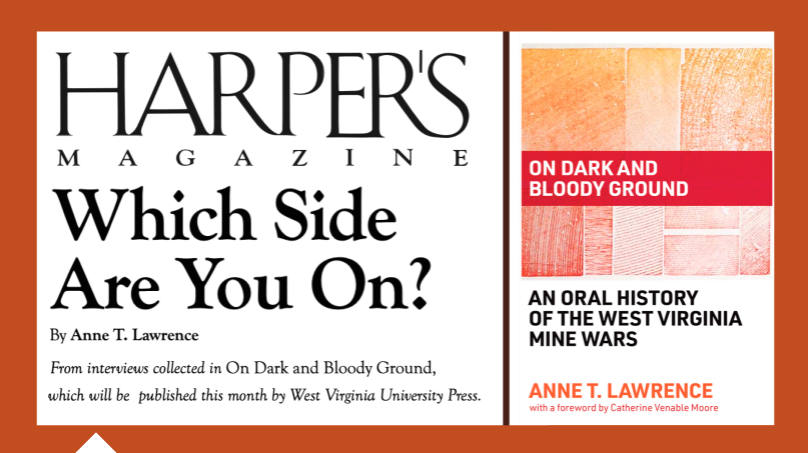
A selection of first-person testimonies from On Dark and Bloody Ground was included in the “Readings” column of Harper’s, where the magazine reprints “excerpts from the best and most bizarre new books.”

A selection of first-person testimonies from On Dark and Bloody Ground was included in the “Readings” column of Harper’s, where the magazine reprints “excerpts from the best and most bizarre new books.”

This year I was awarded a grant from the Public Scholars program of the National Endowment for the Humanities, which supports the creation of well-researched nonfiction books in the humanities, written for the broad public by authors without academic affiliation. I’ll use the funds to finish researching and writing my book-in-progress, a narrative history of the West Virginia Mine Wars.
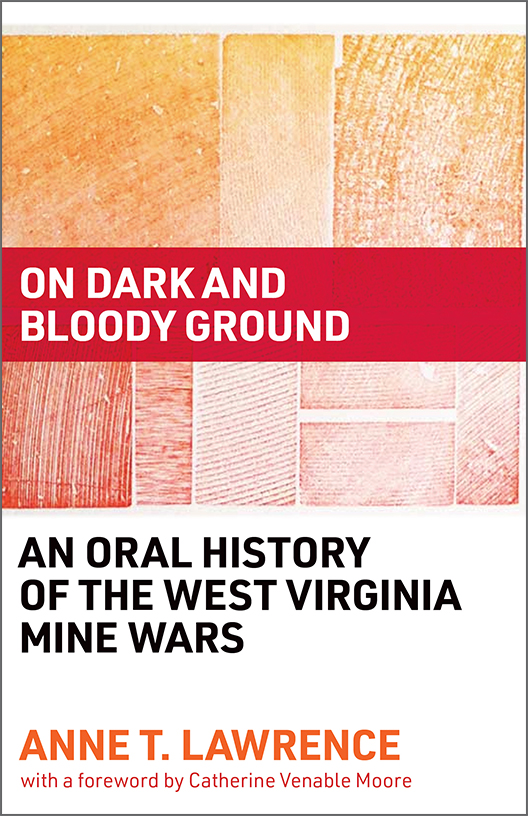
Now for sale from West Virginia University Press! This set of oral histories from 1972 circulated for many years as an informal typescript volume, acquiring an almost legendary status among those intrigued by the subject. Key selections appear here for the first time as a published book, supplemented with introductory material, maps, educational resources, and photographs. Published to coincide with the celebration of the Blair Mountain Centennial in 2021, the book includes a preface by me and an afterword by Cecil E. Roberts of the United Mine Workers of America. All proceeds benefit the West Virginia Mine Wars Museum.
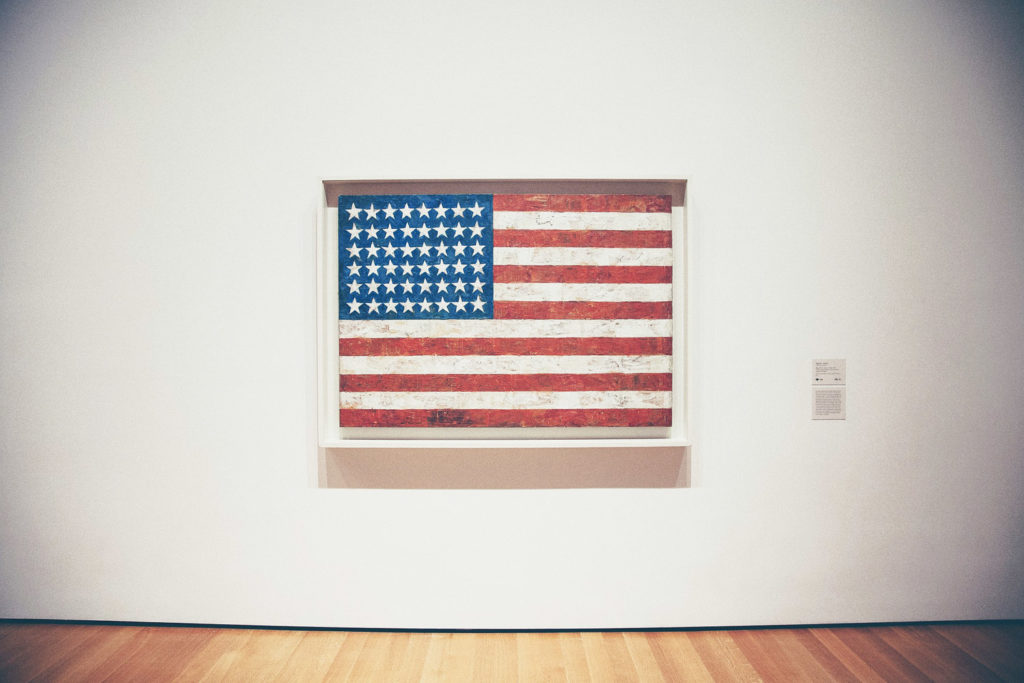
The literary magazine Terrain is preparing to publish an anthology of writings in response to the current national crises—political, environmental, ethical. They’ve been publishing a series of “Letters to America” ever since the 2016 election. These “letters” take various forms—epistles, poems, fables, even a bit of artwork—but they all respond to the changing American landscape so vividly illuminated by Donald Trump’s win. Writers, artists, intellectuals, activists—citizens of both the country and the planet—have, over the past two years, steadily contributed a variety of literary reactions to the world we all awoke to on the morning of November 9. I’m working on a letter for the anthology, which will sit in good company alongside writings by writer-heroes Robert Hass, Camille Dungy, and Bob Ferguson, the attorney general of Washington who is 17-0 against Trump in court.
UPDATE: “DEAR AMERICA: LETTERS OF HOPE, HABITAT, DEFIANCE, AND DEMOCRACY” NOW OUT
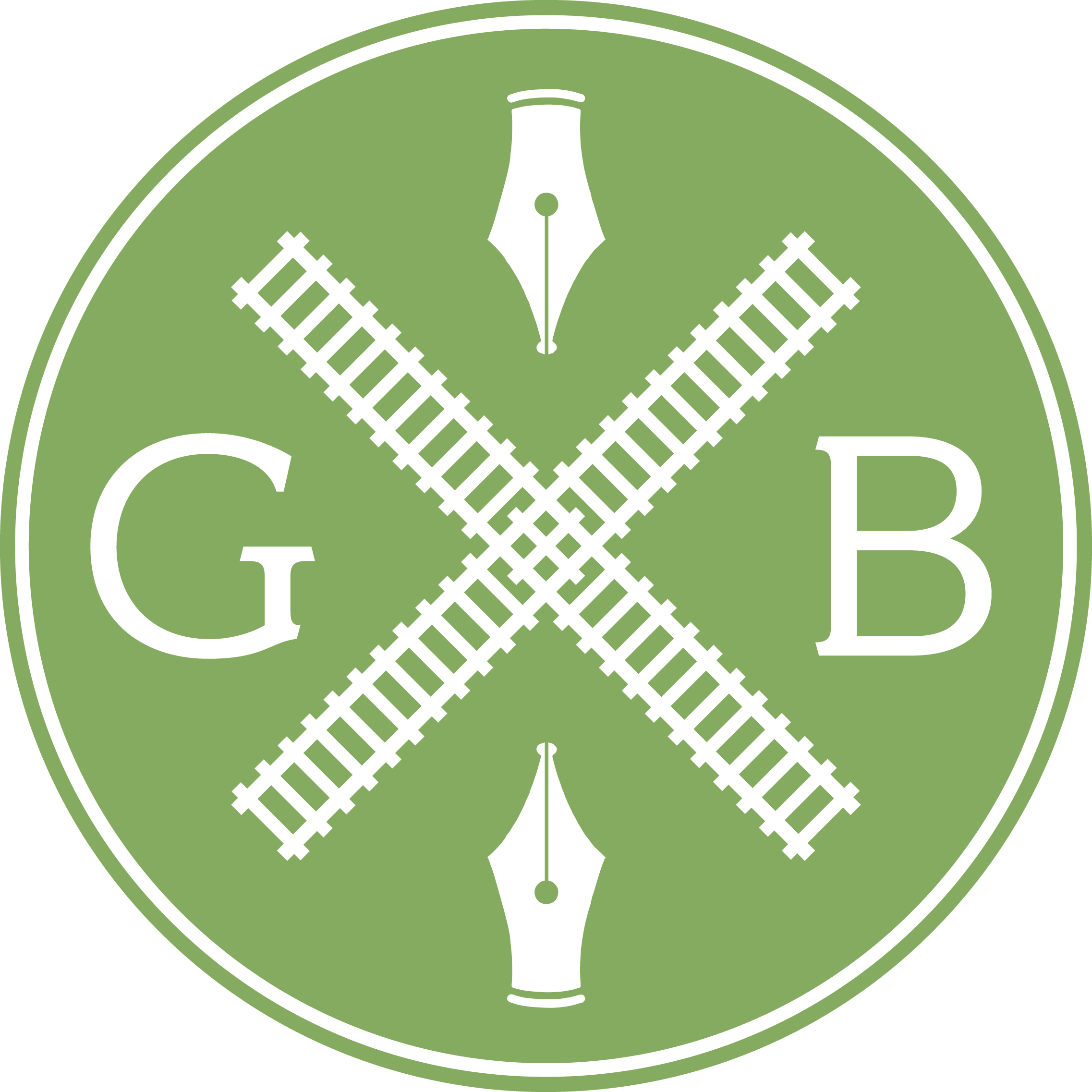
I’m headed to the Greensboro Bound literary festival next week, where the novelist Wiley Cash and myself will talk about contemporary Appalachian voices, the representation and the role of writers/journalists as witnesses, and other fun stuff TBD. Musician Laurelyn Dossett will open. Cash’s novel The Last Ballad, is a fictionalized account of the life of Ella May Wiggins, a North Carolina textile worker who tried to unionize and was murdered in 1929.
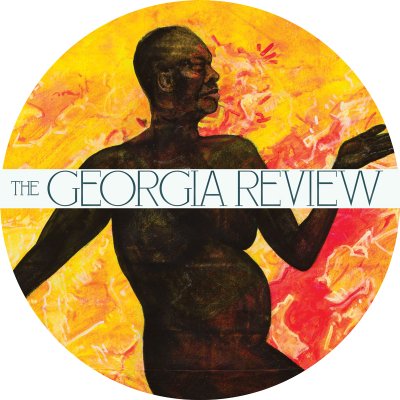
The writer Jessica Smith graciously reviewed The Book of the Dead—a new edition of Muriel Rukeyser’s famous poem cycle about the Hawk’s Nest Tunnel Disaster–for The Georgia Review:
Admirers of Muriel Rukeyser have been waiting for a reprint of The Book of the Dead, long out of print, and West Virginia University Press’s new edition does not disappoint. Of course, it’s exciting to have Rukeyser’s seminal hybrid poetic work of social justice in its own affordable softcover volume (with French flaps!), but the great surprise for fans and scholars of Rukeyser is Catherine Venable Moore’s extended introductory essay, which comprises the first half of this volume.
I wrote a short piece for Glamour magazine’s September issue, published alongside the voices of women in Arizona, Missouri, Pennsylvania, and Florida, speaking about the issues that will decide their vote ahead of the 2018 midterm elections. “I’m a Woman in a Battleground State. Here’s What Politicians Don’t Understand About Me.” For the record: I don’t hate the city where I started my Ph.D. That was an error introduced in the editing process, over which I had limited control. 😉
Two review-essays prompted by WVU Press’s recent reprint of Muriel Rukeyser’s 1938 poem cycle, The Book of the Dead, to which I wrote an introduction…
Los Angeles Review of Books, “I Wake Up Choking,” by Maggie Messitt:
The Book of the Dead is a story about race. It’s about industry. It’s about being held accountable and the right to a safe workplace. But, to me — like so many Great Depression narratives — it’s about wealth and power and the ways in which that has trumped humanity and justice across time.
The Paris Review, “Muriel Rukeyser, Mother of Everyone” by Sam Huber:
We often lament our porosity to the world’s data as a uniquely contemporary curse. Rukeyser imagines it instead as a capacity we might cultivate, no easier for having been attempted before by others like her, from whom we are lucky to learn, and by many more who will not be preserved or restored. So often in her poems, Rukeyser is both student and teacher.
My agent shouted out my forthcoming books in Politico Magazine the other day, in a story on how the Trump victory impacted publishing:
Meredith Kaffel Simonoff, an agent at DeFiore and Company, said the election encouraged her to take tales from Trump country more seriously. She recently sold to Random House a nonfiction piece set in Appalachia by West Virginia essayist Catherine Moore. The book tracks the history of the region from “the violent West Virginia Mine Wars and the Battle of Blair Mountain in 1921, up to the politics of today.” She has also contracted a second book by Moore of “literary creative non-fiction essays” centered around Appalachia.
Wrapping up a series of readings for the re-issue of Muriel Rukeyser’s poem collection, The Book of the Dead, by West Virginia University Press. One more chance to catch a reading here in the region, and this one should be pretty special. I’ll be joined by several descendants of Hawks Nest Tunnel silicosis victims, who will read from Rukeyser’s work. I’ll also read a bit of my nonfiction essay that introduces the new edition of the book. March 1, 5:30-7:00 PM. Visit the event page for details.